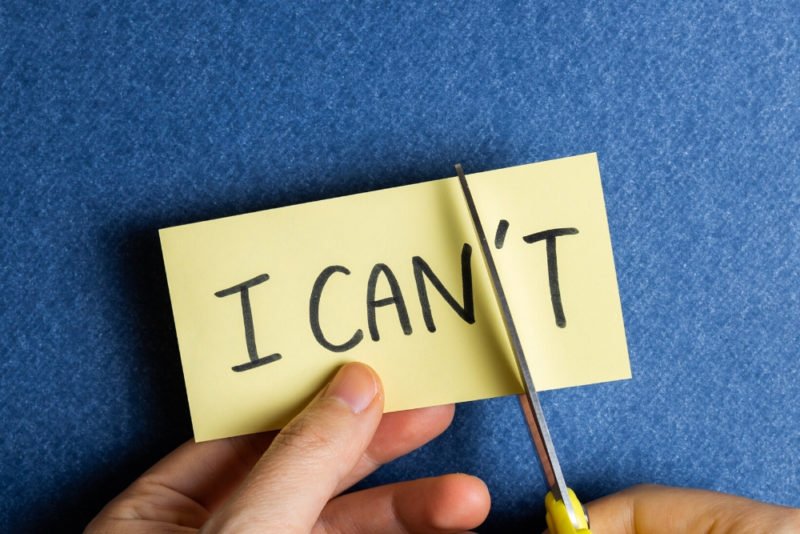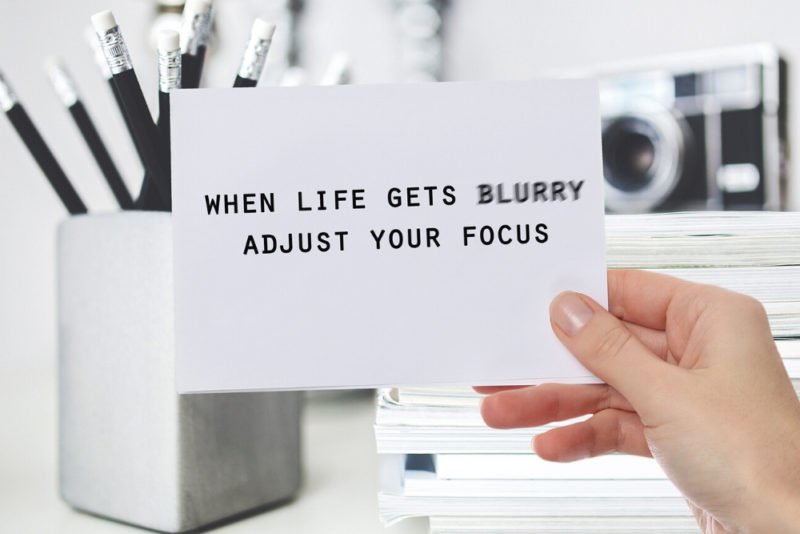
Hello! I’m off camping this weekend, and I am simultaneously thrilled and ashamed to say that this is the first camping trip since 2009 that I haven’t spent part of the trip working or studying.
I’m not kidding. I spent hours and hours on two 2009 camping trips teaching myself pre-calculus so I could place high enough on a math placement test to not have to take an actual math class, which would have delayed my enrollment in the first of many science classes I needed in order to apply to graduate school to study nutrition. (It was like dominoes…I had a carefully planned sequence of classes, and if any one class didn’t happen according to schedule, it would have set back my application timeline by a full year.)
I say “ashamed” because it’s not a good thing that I have found myself unable to commune with nature without worrying if I can find a small town coffee shop with an internet connection so I can email an article to an editor or (even worse) freaking out because we are camping somewhere with no electricity, rendering me unable to charge my laptop (!).

Busting out of old patterns
Where am I going with this? Well, because I am NOT working on this camping trip (which began Monday), I decided to unearth a blog post from my archives to refresh and repost. I did not expect to find this post (below) from 10 years ago, but when I started reading it, I thought…oh, lord. This post is a testament to the power of motivation (which was how I intended it at the time), but the trouble is I never stopped working at the breakneck pace I described. Not during grad school, not after grad school, not in 2019. It wasn’t until this year (the end of last year, really) that I realized I had to slow things down.
I think it’s a particular peril of solo-preneurs that we have to keep doing, doing, doing, achieving, achieving, achieving, feeling twitchy if we slow down for too long. I didn’t used to be this way. Sure, I always had a perfectionistic streak, but I also could spend HOURS with a good book, without an ounce of guilt. Hours.
I’ve touched on this before in various articles, blog posts and livestreams, but if 2020 isn’t a time to take a fresh look at what’s REALLY important, when is?
I decided to share this post, which I altered very little (just a few small tweaks), because it is a snapshot into my mindset 10 years ago. But while I still agree with much of what I wrote then, I didn’t want to leave it as-is, because my understanding and thinking on some has shifted over the years, and I simply don’t agree with everything I wrote then. Therefor, I included updates in italics throughout. Enjoy my trip down memory lane!

10-year time machine starts…now!
Let me tell you a little story about motivation. I really, really want to get into graduate school and study nutrition. I want it so bad I can taste it. I want it so bad that I spent all weekend working organic chemistry problems. I want it so bad that I am skipping a family camping trip over the July 4 weekend so I can work organic chemistry problems. (Update: I still have vivid memories of doing this. Other than going for walks, eating, sleeping, and taking bathroom breaks, I did not leave my dining room table — which was adorned with my organic chemistry textbook, notepads, and my “chemistry legos” — for three days.)
I want it so bad that I have temporarily given up other activities that I LOVE so I can spend every spare moment studying for my chemistry, biology and anatomy classes. And I know that I will not be able to resume these activities for 2-3 more years. (Update: Hahahahahahahahaha! I never resumed some of those activities. I had no idea what was coming.)

Sacrifice? I don’t think so!
A lot of people think I’m crazy to sacrifice so much of my normal life for this goal. As one coworker said about the fact that I’m taking an organic chemistry course in the summer: “That’s an awful lot of good behavior.” (Update: Yes…I should have been nominated for organic chemistry sainthood.)
Yet I do not feel like I’m sacrificing anything. Because I love it. Even when it’s hard (and oh, there are times when it tear-your-hair-out hard), I love it. And the grades I’m receiving love me back. I am motivated, and nothing will get in the way of my goal. (Update: Gads…this was so true.)
So what would happen if I was a few decades younger and trying to get into grad school because of some external factor? Because my parents want me to, it’s expected of me, etc.? I am willing to bet that I would not be working this hard, that I would feel bitter about the “I should be studying but I really want to go have fun” tug-of-war, and that I would not be getting the best grades. It would probably become a long shot as to whether I could even be accepted into the competitive program I’m aiming for. (Update: Totally true. I said I wanted to earn a master’s degree since the moment I earned my bachelor’s degree in journalism, but I had almost zero motivation to do it, in part because I didn’t know what I wanted to earn a master’s degree in [i.e., not in journalism, because I had not desire to teach journalism]. 17 years later, I realized I wanted to study nutrition and become a dietitian, and then there was no stopping me. And I got into that competitive program.)

The moral of my story is this…
When you attempt to achieve a goal before you are fully committed to doing what it takes to reach that goal, the process is going to be harder. This is true whether your goal is graduate school, reducing spending, cooking more at home, or increasing your fitness level. The only difference between my past “successes” and “failures” was how motivated and committed I was. The ONLY difference. (Update: I can’t deny this, I was 100% committed and motivated. I was a force to be reckoned with, and in no way do I regret that level of commitment and motivation at that time.)
When you are not motivated and committed, you will falter, and this will leave you feeling disappointed and frustrated. (Update: Commitment is more important than motivation, because commitment can help you take action, and successfully taking action can increase motivation, which makes taking further action feel easier.) What’s worse, after you embark on multiple half-hearted attempts to reach your goals, you may develop the mindset that change is not possible. (Update: Still true.)
“I know this to be true,” you’ll think to yourself, “because I tried everything, and nothing worked!”
Here’s the thing: Tell yourself that change is impossible often enough, and guess what? Change will become impossible. That, readers, is what we call a self-fulfilling prophecy. (Update: still true [sigh].)
You may also paint yourself a failure, only that’s not true, either. You didn’t fail, you produced a result. If you do less that what you need to reach your goal, then the result you produce will be less than what you want. (Update: Still true.) If you don’t like the results you’re getting, then it’s time to do something different. If you are committed, but not getting results, then you probably need a different plan. (Update: I re-read this and the first thing I thought of was ditching the diet rollercoaster and trying Intuitive Eating as that “different plan.” Once upon the time, I was just as obsessed with weight loss as I was getting into grad school. That’s another thing that’s changed!) If you are not committed, and (surprise!) not getting results, then what needs to change first is your commitment. (Update: Still true.)

Should you wait for motivation?
So what do you do if you want to improve your health, eat better, be more active or reach some other goal, but you know yourself, and you know that you just can’t commit to the full effort needed right now? Should you do nothing?
No, you should do these three things (Update: I think before taking these three steps, it’s worth looking deep as to why you can’t commit. Is the goal based on what you think you SHOULD do rather than what you truly want for yourself? Are you afraid of failure so you won’t let yourself fully commit?):
- Take small, manageable steps. Even a 10 minute walk and an extra serving of vegetables each day puts you in a healthier place than the day before. (Update: Waiting for motivation to fully strike before taking action can backfire, if motivation never fully strikes. Sometimes, taking action first (in those small, manageable steps) will LEAD to motivation.
- Accept reality, and practice self-compassion. If you have limited internal resources to focus on health and self-care, you’ll be on the slow path towards your wellness goals. That’s better than being on not being on the path at all. (Update: I still agree with this…pursing health is not an obligation, and sometimes we have to focus more of our efforts elsewhere.)
- Continue to look within. When you do find a deeper well of motivation, the time will be right for you to finally reach for your bigger goal. (Update: I agree, with the addition that the deeper well of motivation should come from deep values, such as remaining physically independent or having the energy to pursue other interests and/or care for others.)
Disclaimer: All information provided here is of a general nature and is furnished only for educational purposes. This information is not to be taken as medical or other health advice pertaining to an individual’s specific health or medical condition. You agree that the use of this information is at your own risk.
Hi, I’m Carrie Dennett, MPH, RDN, a weight-inclusive registered dietitian, nutrition therapist and body image counselor. I offer compassionate, individualized care for adults of all ages, shapes, sizes and genders who want to break free from eating disorders, disordered eating or chronic dieting. If you need to learn how to manage IBS symptoms with food, or improve your nutrition and lifestyle habits to help manage a current health concern or simply support your overall health and well-being, I help people with that, too.
Need 1-on-1 help for your nutrition, eating, or body image concerns? Schedule a free 20-minute Discovery Call to talk about how I can help you and explore if we’re a good fit! I’m in-network with Regence BCBS, FirstChoice Health and Providence Health Plan, and can bill Blue Cross and/or Blue Shield insurances in many states. If I don’t take your insurance, I can help you seek reimbursement on your own. To learn more, explore my insurance and services areas page.






